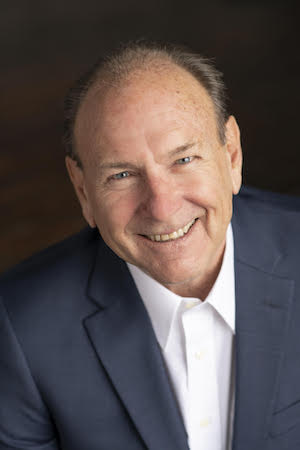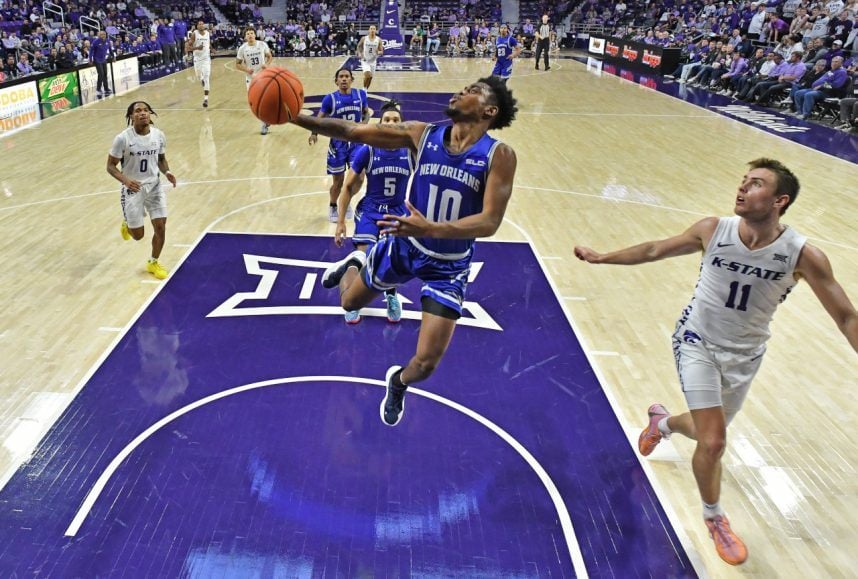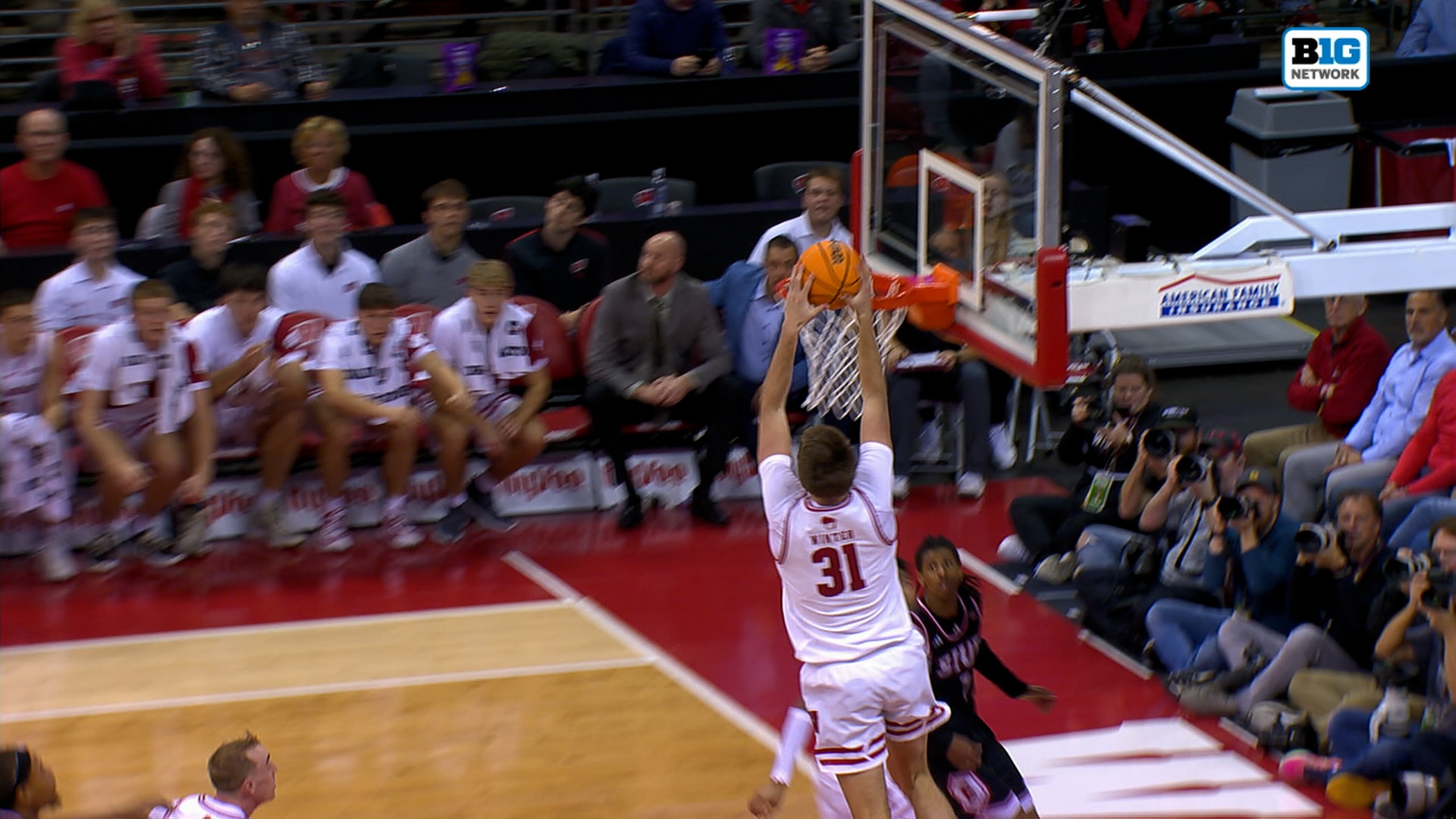“We will terminate every diversity, equity, and inclusion program across the entire federal government.”
— Donald Trump, White House fact sheet, March 18, 2025
“Don’t even look at me about running because you are all lying. You’re not ready for a woman, so don’t waste my time. We have a lot of growing up to do.”
— Michelle Obama, live podcast taping at the Brooklyn Academy of Music, Nov. 5, 2025
Programs addressing diversity, equity, and inclusion (DEI) have a long and challenging history in the United States. Descriptors of these types of programs include slow development, often meeting with material resistance, and they are most successful in lower-paying positions.
The president of the United States wants DEI to die, and it appears that a segment of the country is working to satisfy his wishes. Moreover, DEI has really not put up much of a fight.
In the first large quote above, President Trump emphasizes that he has worked to ensure that DEI practices are being eliminated in the federal government. It is also important to understand that he has worked to ensure that DEI is eliminated in the private sector. This has been achieved through threats of action by the U.S. Department of Justice, the exclusion of DEI companies from government contracts, government surveys of firms regarding their DEI practices, and other efforts. See also here.
This is all taking place in an environment where the general trend suggests that firms that have more diverse workforces tend to exhibit better operating results. Also, see here and here.
Several companies have resisted pressure to relax their DEI programs. Apple is an example, where 97% of its shareholders voted to maintain its existing program. Other examples include Delta Airlines, Patagonia, and Ben & Jerry’s, among others.
That oft-cited moral arc
The timeline for reducing discrimination in American life has been long, slow, and arduous. Regarding women, the 19th Amendment to the U.S. Constitution, ratified on Aug. 18, 1920, gave women the right to vote. This came after a long battle that began in the early 1800s, with the amendment first being introduced to Congress in 1878.
It is also essential to understand that the passage of the 19th Amendment could be more described as granting white women the right to vote, for many Black women, and other minorities, long after the passage of this amendment, were restricted from voting through potential violence, intimidation, poll taxes, and other voting laws at the state level. An effort to address these injustices culminated in the passage of the Civil Rights Act of 1964.
President Trump articulates his rationale for wanting to eliminate DEI by describing the programs as “wasteful” and “immoral.” It is important to note that President Trump’s core constituency skews male, older, white, and non-college-educated. This profile has proven more likely to feel that women and minorities get the first opportunities at jobs and advancements, and that these elevations are not based on skill, but on their sex or skin color. The effort to eliminate DEI is part of getting rid of that “woke” thing.
What makes all of this more interesting is that one segment that has worked very hard to disassociate itself from DEI programs is the news media. This implies that the people telling the story are less interested in seeing the story told by a diverse group of people.
What is also interesting is that many firms, while scaling back or eliminating their DEI programs, are not sure it is the right pill to swallow. Then, of course, there are those firms that establish a DEI program to claim they have a DEI program, thereby working to counter accusations of being discriminatory, while having no real desire to change anything.
The casino industry has long been known as being misogynistic, and as so brilliantly demonstrated by the American Gaming Association, it has developed an effective display to depict industry misogyny in its list of Gaming Hall of Fame inductees. Moreover, the industry is cited for lacking mentors, a pay scale imbalance, and additional challenges.
Variations from state to state
In Pennsylvania, where I reside, there is a very aggressive DEI program involving the state’s casinos, which is driven by the regulatory function. It includes Diversity & Hiring Plans (submitted before the facility can open), mandates annual reviews, and more. The goal is to ensure that all individuals are afforded equal opportunities.
Massachusetts is another state that leans into a DEI culture.
And then, of course, we should always look to Nevada. The gaming regulatory entities have worked to address their issues, though one finds that the corporate boards for the industry draw from almost exclusively one gender and one section of the color palette.
Then there are the states that have no interest in DEI, the number of which now stands at 18. These are all states that, since 2023, have passed laws to restrict DEI programs. Many of these states fought for the South to preserve slavery in the U.S. Civil War.
I have often found the debate between discrimination vs. woke to be most interesting. As I understand it, because certain groups were discriminated against, efforts would be made to correct this injustice through changes in hiring practices. Moreover, I am unaware of any aspect of the legal environment that affects decisions to evaluate, compensate, and terminate, which is tilted to favor a particular group. Also, see here.
Gridiron grievance
Rather than examining this within the context of the casino business, I decided to analyze it in the context of professional football. It seems more straightforward to make the point about discrimination in hiring and measuring contribution and performance.
From 1934 to 1946, there were no Black players in the NFL. While it is argued that there was no official agreement not to hire Black people to play pro football by ownership, it is generally understood that this contention is nonsense. We are apparently supposed to believe that there were no Blacks qualified to play pro football in the NFL between 1934 and 1946.
What is essential to understand is that today, 53.5% of players are classified as African American, 25% are classified as White, 9.4% are classified as multiple races, and 2.4% are Pacific Islander, Hispanic/Latino, Asian, or other. It is also noted that Black athletes have won the last three Super Bowl MVP awards.
I do not believe that Blacks succeed in the NFL because of some woke nonsense in professional football. I believe that the best players produce the best performances, plain and simple. And I believe that most would agree that measuring the performance of a professional athlete is much more unequivocal than measuring the performance of a VP of casino operations or a chief financial officer.
What is clear is that professional sports leagues once did not embrace Black athletes, and that was because of racial bias and discrimination. Once allowed into the game, they have excelled. And the history of discrimination against Blacks is a huge story of the Black experience in the United States.
Another huge story in the United States is the story of discrimination against women, which is chronicled by the long battle to even be allowed to vote. They are also substantially underrepresented in the highest leadership ranks in the casino industry. This is despite the reality that firms with less diverse leadership do not perform as well as those with diverse leadership.
To suggest that women have not been continuously discriminated against in this country is counterfactual and complete nonsense. In fact, women were discriminated against even before there were Black people on this continent. The alternative is to suggest that women are just not as good as men, and that is a position that this country should have outgrown many years ago.
I suggest that many casino companies are not performing to their potential due to their ingrained biases. As with the NFL, their teams would significantly improve if they dropped discrimination and got away from simply depositing old white men to lead the teams, and made an aggressive effort to embrace women and minorities.
This may be the best way to discover your real MVPs.
—
Richard Schuetz entered the gaming industry working nights as a blackjack and dice dealer while attending college and has since served in many capacities within the industry, including operations, finance, and marketing. He has held senior executive positions up to and including CEO in jurisdictions across the United States, including the gaming markets of Las Vegas, Atlantic City, Reno/Tahoe, Laughlin, Minnesota, Mississippi, and Louisiana. In addition, he has consulted and taught around the globe and served as a member of the California Gambling Control Commission and executive director of the Bermuda Casino Gaming Commission. He also publishes extensively on gaming, gaming regulation, diversity, and gaming history. Schuetz is the CEO of American Bettors’ Voice, a non-profit organization dedicated to giving sports bettors a seat at the table.


 3 hours ago
5
3 hours ago
5
















